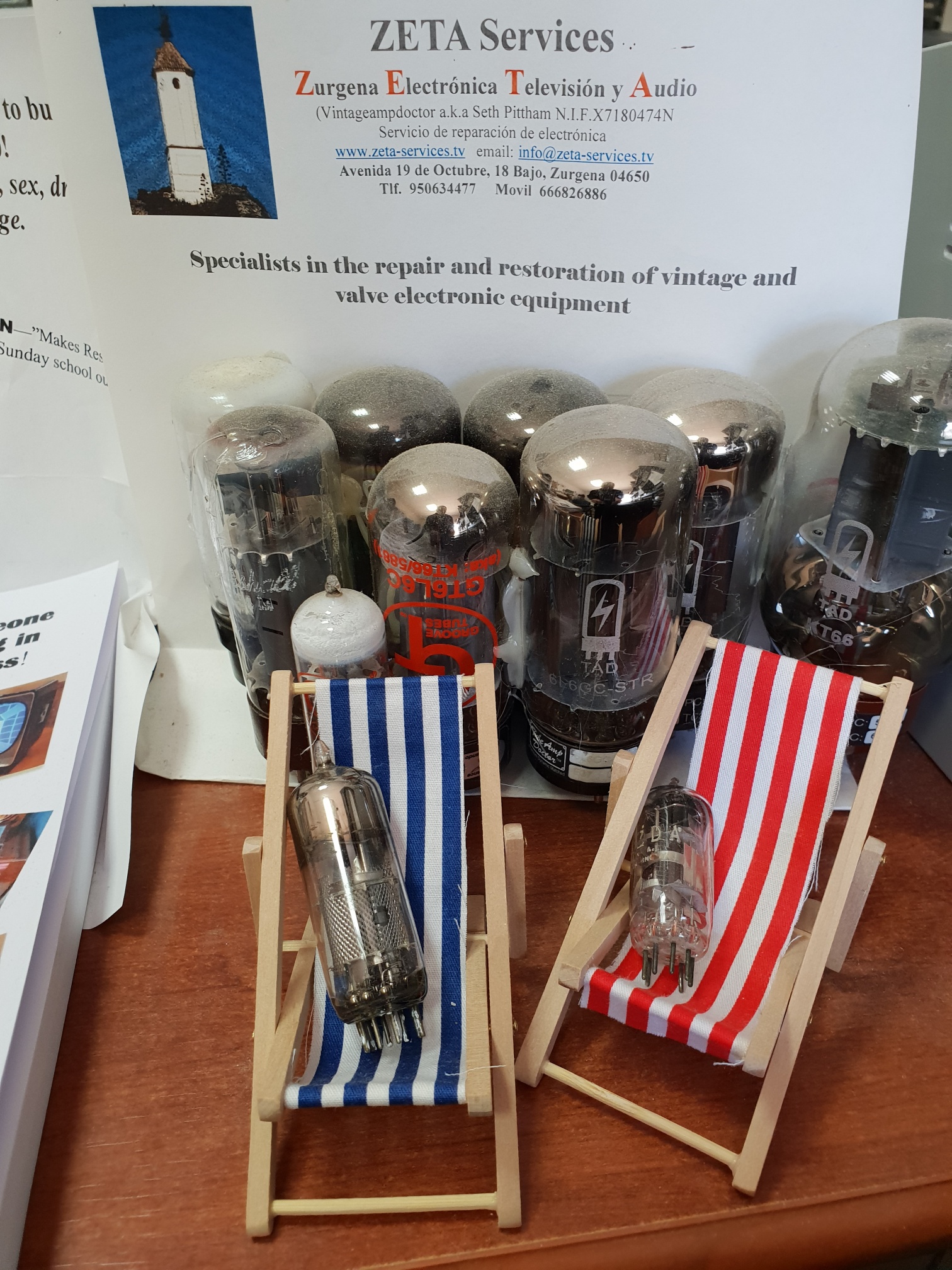
Hola. Espero que sea lo suficientemente cálido para todos ustedes.. En el último número, Toqué el tema de las escuchas electrónicas, etc., post WW2 and into the ‘70s.
In those years, the listening-in was mainly related to ‘phone lines, telex and latterly fax, along with radio transmissions to and from Foreign Embassies. This was well established and was understood on a gentlemanly basis.
As the Internet developed in the ‘80s and beyond, with emails and on line shopping, a new breed of eavesdropping developed. Most of us at some point have been on the receiving end of email hacking and having various on line accounts broken into with all the inconvenience and financial implications that brings. That’s a topic that could be the subject of many a rant. What is a little more worrying for me, is the how the “authorities” have full knowledge of what we are up to.
Take a simple thing like browsing the old National Interweb. You may use convenient search engines provided by, let us say, Google and Yahoo. They are free. But why? Every time you search a topic, all the information you enter is recorded and stored in their huge databases. This can include information relating to your computer, where you are communicating from and lots of other data that can be “sniffed” from your PC. All this data can be sold on to marketing companies to enable them to target you with sales dross, hopefully which may be of relevance to you, given your past history of web searches.
Asi que, you get a nice email advert, tempting you to “click” on here and there to get a fancy Search Tool bar for example, to make your browsing life so much easier. These can be quite subtle teases. You click and say yes. Entonces, you find that your web browser no longer looks like it did. All kinds of “Pop-Ups” appear when you don’t want them, offering all kinds…. A real annoying one of many, is “MySearchDial”. This can modify your Internet Explorer, Chrome or Firefox, so that when you open them, you are taken to a marketing site which records an awful lot more than you think. If you see this on your machine, or you find internet browsing is dog slow, call me. I will tell you how to remove it. The old adage, be careful of things that look too good to be true! Also be aware of “Make your PC Faster, Tune UP, Free PC Checkup” etc… These things are free and you wonder why. Most of these Trojans place programs in your PC to watch and report what you do.
If that has worried you, what about sending an ordinary email? Well most Internet providers are obliged to make data you send available to big bro. Your emails will all be parsed / filtered through some clever software, looking for certain keywords, phrases, names etc. p.ej. that could be terrorist related. Along with your address, account and recipient and senders details, all gets stored. If certain criteria are met, it will be subject to a more in-depth manual search. You may have seen some companies whose email systems reject automatically rude words. Scunthorpe being an example! A similar process. Ah, you may say, I will encrypt all my emails. And you can. But watch out. You are not allowed to use an encryption system that is not government approved. That’s because they need to be able to crack it! Doing this may lead to an unwelcome knock on the door, an injection of Sodium Pentothal and your toenails being removed.
Telephone calls, both mobile and landline come under the same scrutiny. Most mobile calls are recorded and again the speech is cleverly analyzed to detect phrases, names and whatever happens to be “hot” at the time. Same for SMS. With your mobile in the pocket, your approximate location can be worked out should it be needed, as the ‘phone company if asked, must provide your cell site and log on details. Slightly more concerning is that with most mobile devices, iphones, ipads and so on with GPS enabled, the operator, in theory, could read your location, down to a couple of metres.
There we have it. Just a little more on the subject of big brother watching you. If you want to communicate safely, I suggest rice paper, invisible ink and an exchange of brown envelopes on platform 3.








